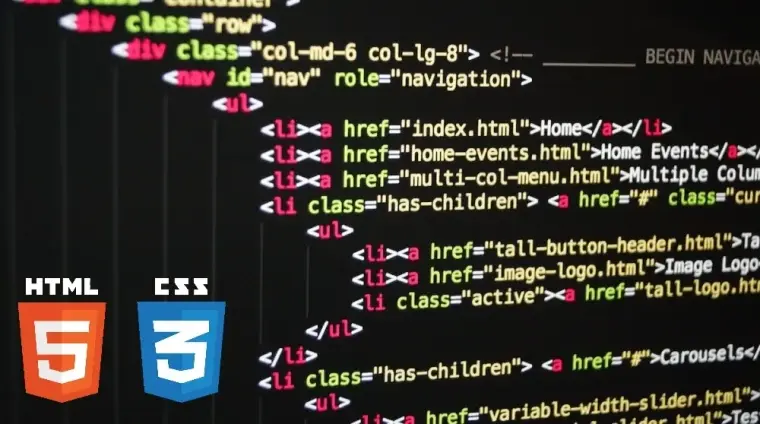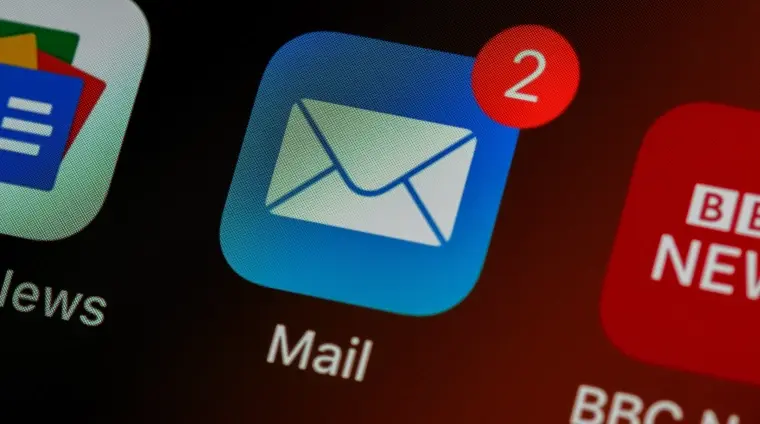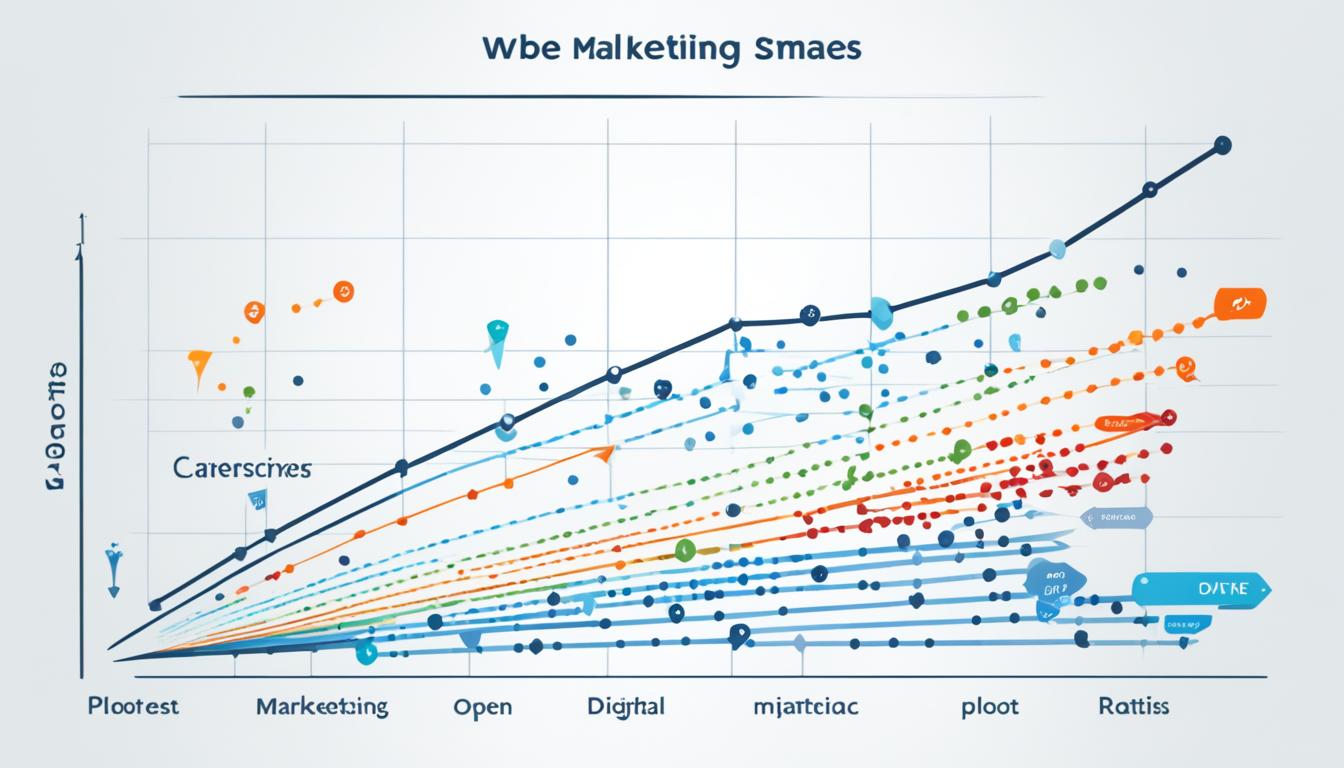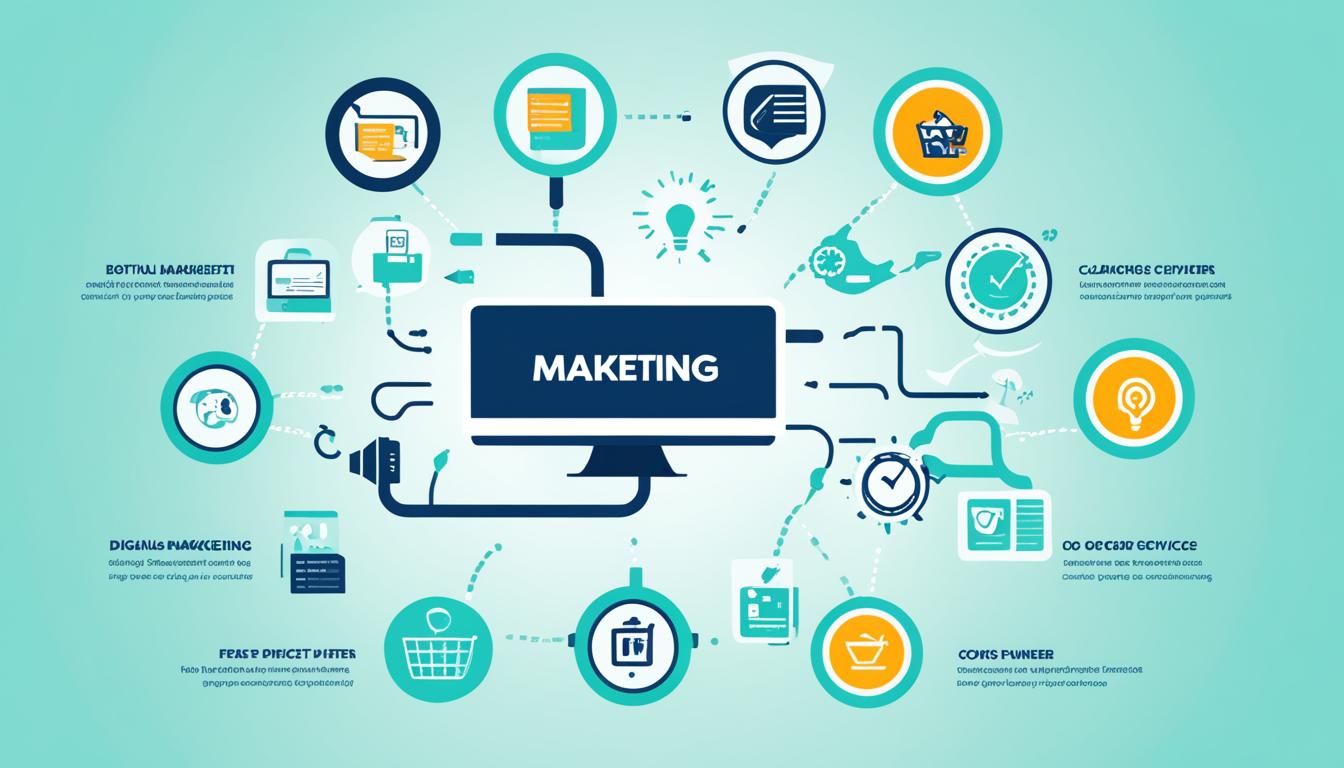Digital marketing is a big field with many skills to learn. To start, you should focus on the basics. This means learning the core digital marketing ideas, key tools, and making connections in the industry.
When you understand these basic concepts, you can start a solid career in digital marketing. In this piece, we will look at the most important things for beginners to learn. These will help you build a strong position in the digital marketing world.
- Focus on learning the basics first to establish a strong foundation in digital marketing.
- Master digital marketing fundamentals and essential tools and technologies.
- Build a portfolio of digital marketing projects to showcase skills and experience.
- Develop a strong resume tailored to the digital marketing industry.
- Network with professionals to make connections and stay updated on industry trends.
Becoming a Digital Marketer
Starting a career in digital marketing is thrilling. It doesn’t need a specific background. But you must have certain skills. Here’s how to begin:
- Learn Digital Marketing Fundamentals: Start by understanding the basics. Know about SEO, social media, email marketing, content marketing, and ads.
- Master Key Digital Marketing Tools: Learn to use important digital marketing tools. This includes Google Analytics, Google Ads, and social media tools.
- Build a Portfolio of Digital Marketing Projects: Work on real digital marketing projects to show what you can do. Create powerful campaigns and show results you’ve achieved.
- Develop a Strong Digital Marketing Resume: Make a resume that shines a light on your digital marketing skills. Show your achievements. Adjust what you highlight based on what the job needs.
- Network in the Industry: Connect with other digital marketing pros. Go to networking events and join online groups. This can open up job and collaboration opportunities.
Follow these steps to be a digital marketing pro. Keep learning, stay updated with trends, and be flexible. Your love for learning and commitment will help you succeed.
Image:
Essential Digital Marketing Tools
Digital marketers need various tools to make their work smoother and get better outcomes. These tools help them work more efficiently and produce better results. Here are some key tools for digital marketers.
1. Google Analytics
Google Analytics is key for checking and studying website performance. It dives into who visits your site, what they do, and if they act on your offers. This info guides digital marketers in making smarter choices and fine-tuning their plans.
2. Google Ads
Google Ads lets marketers launch ad campaigns on Google. It uses specific targets to find and direct the right people to your site. Thanks to its precise tools and insights, you can make sure your ads work their best.
3. MailChimp
MailChimp is excellent for sending emails to your audience in a smart way. It has lots of cool tools and tests to make your emails more effective. With MailChimp, you can grow your client list, make friends with your customers, and increase sales with your emails.
4. Ahrefs and Moz
Ahrefs and Moz are vital for getting your website seen by more people. They share where your site stands in search results, who’s linking to you, and lots more. These insights are gold for figuring out how to climb up the search ranks.
5. Salesforce
Salesforce takes care of your outreach to clients, helps spot sales chances, and makes your marketing more automatic. With everything in one place, you can manage leads better, give clients the personal touch they love, and see what really works in your marketing.
6. Canva and Buffer
Canva is great for crafting eye-catching designs, like social media posts, in an easy and fun way. Buffer, in contrast, manages your social content by scheduling posts and seeing how they’re doing. When combined, Canva and Buffer make your brand stand out and keep your social media goals on track.
These are only a sneak peek into the many tools digital marketers use. Still, knowing these key tools can really level up how effective you are in your digital marketing. They are at the core of successful campaigns that meet your goals.
Developing a Portfolio in Digital Marketing
A strong digital marketing portfolio is key for showcasing digital marketing skills. It shows your abilities and experience to possible jobs or gigs. When building a digital marketing portfolio, include various samples. These show your skills and wins. Include things like:
- Email campaigns that show good writing, sorting, and turning leads into sales.
- SEO projects that prove you can boost website traffic without ads.
- Social media posts that are creative, get people involved, and grow your fan base.
- Content marketing articles that prove you know your stuff and can grab and teach a reader’s interest.
It’s important to explain your part in each project and what your work achieved. This helps employers see your impact. Also, sharing credit shows you can work well with others.
Backing up your work with useful data can make your portfolio even stronger. Talk about increases in website visits, better sales, or social media stats. These numbers give solid proof of your success.
A good digital marketing portfolio isn’t just about showing off work. It’s a way to show your creativity, skill, and power to get things done. By creating a focused portfolio, you can wow possible jobs or clients. This can help you stand out in a busy field.
“A strong digital marketing portfolio is the key to showcasing your skills and experience in the industry.” – Jane Smith, Digital Marketing Specialist
Crafting an Impressive Digital Marketing Resume
Today’s job market is more competitive than ever. Your resume is like a marketing brochure. It showcases your skills, qualifications, and experience. To grab the attention of prospective employers, consider these tips for your digital marketing resume.
1. Keep it Clean and Concise
Choose a clean, professional layout that is easy on the eyes. Employ clear headings and bullet points to guide the reader. A concise resume is key. Highlight only your most important accomplishments and experiences.
2. Highlight Marketing Skills and Experience
Show off your talents in digital marketing. Talk about specific campaigns or projects. Make sure to mention the results you achieved. Use strong action verbs and numbers to showcase your success.
3. Tailor Your Resume to Each Application
Make your resume fit each job’s requirements. Do your homework on the company and the job. Then, customize your resume to fit the bill. Focus on the skills and experiences that matter most for that job.
4. Showcase Creativity and Personality
Being in digital marketing, it’s important to let your creativity shine. This can reflect your future employer’s values. Opt for a visually striking resume. Include links to your online portfolio or social media to show more of yourself.
5. Highlight Transferable Skills and Adaptability
Don’t only speak about your digital marketing skills. Mention any other skills that could be useful. This might be project management or great communication. Also, show you can pick up new tech and trends easily.
Your resume is your ticket to your dream job in digital marketing. By applying these tips, you can effectively showcase your skills. This will help you stand out from the competition.
| Tips for an Impressive Digital Marketing Resume |
|---|
| Keep it clean and concise |
| Highlight marketing skills and experience |
| Tailor your resume to each application |
| Showcase creativity and personality |
| Highlight transferable skills and adaptability |
Networking in the Digital Marketing Industry
In the quick world of digital marketing, networking is key. It helps you make connections and learn about trends. By talking to others in the field, you open doors for job chances and team work. Networking, both online and offline, is all about gathering insights, growing your circle of work friends, and keeping up with the latest in marketing.
Building Connections Online
Online, digital marketers have lots of chances to meet others in the field. Sites like LinkedIn, Twitter, and Facebook are great for talking, sharing ideas, and making meaningful connections. Joining groups and communities online is also a good move.
Reading industry newsletters and joining webinars can also help you stay in the loop. They allow you to meet new people, share what you know, and find job leads.
Maximizing Offline Networking Events
Events in person are also very important for digital marketers. They get to talk face-to-face with leaders and peers. This personal touch is very valuable. Plus, you can attend talks and workshops to learn new things.
At these events, it’s important to meet new people and swap contact info. These contacts could help you find a new job or offer valuable advice. Networking offline can really boost your career.
Staying Engaged and Proactive
Being active in networking is key to its success. This means joining discussions, sharing your own insights, and helping out others. Letting important figures in the industry know your thoughts also helps.
But remember, networking is more than just making contacts. It’s about keeping in touch, helping each other, and cheering on others’ successes. This way, you build a strong digital marketing community.
Building Lasting Connections
Networking in digital marketing goes beyond just, well, networking. It’s about making real, long-lasting connections with people who love marketing as much as you do. Follow up with new contacts after events. A simple thank you can do a lot to keep the connection alive.
“Networking is not about just connecting people. It’s about connecting people with people, people with ideas, and people with opportunities.”
By staying active in networking, digital marketers can learn a lot, find new paths for their careers, and share what they know with others. Embrace networking to stay connected, informed, and excited about your work.
| Benefits of Networking in Digital Marketing | Offline | Online |
|---|---|---|
| Expanding professional network | ||
| Discovering job opportunities | ✓ | ✓ |
| Finding potential collaborators | ✓ | ✓ |
| Gaining industry insights | ✓ | ✓ |
| Networking Events | Conferences | Trade shows |
| Face-to-face interactions | ✓ | ✓ |
| Expert speakers | ✓ | ✓ |
| Workshops and seminars | ✓ | ✓ |
Demand and Salary in Digital Marketing
Digital marketing is quickly becoming a popular field. Many companies need skilled professionals but have trouble finding them. This shows there aren’t enough people with the right skills yet.
At Glassdoor, it’s noted that a Digital Marketing Specialist earns about $50,000. A manager in this field, however, makes over $75,000. These salaries reflect how important digital marketing skills are now.
So, the digital marketing industry is growing fast. The pay is good, making it a smart choice for those wanting to enter the field. If you have the right skills, you could do very well in digital marketing.
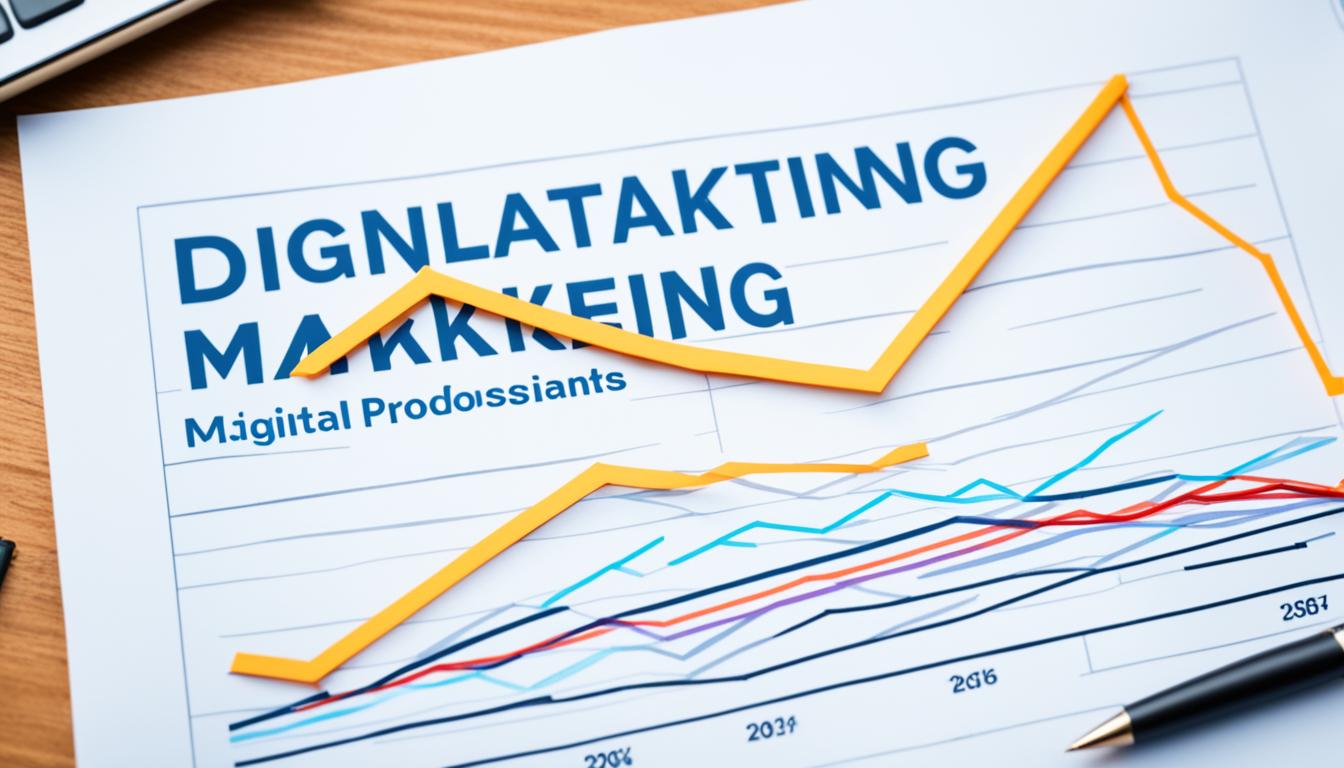
Basics of Digital Marketing for Beginners
Beginners in digital marketing should understand its core concepts. It involves promoting products or services online. This includes using websites, social media, search engines, and apps. Knowing these basics helps you connect with consumers.
Let’s look at some key strategies and ideas for those starting out:
- Create a Website: A good website is crucial. It should be easy to use and look good. Your site is where you’ll show what you offer, share info, and turn visitors into customers.
- Build an Email Marketing List: Email marketing is still a top way to talk to customers. By growing your list, you can keep in touch, offer help, and share deals with people who want to hear from you.
- Optimize Content for Search Engines: SEO is important. It helps your site show up higher on search results. Knowing about keywords, tweaking your website, and building links can bring more people to your site.
- Launch Ads: Paid ads help get your name out there. Using services like Google Ads and social media ads, you can focus on certain groups. This means your ads are seen by the right people, turning more viewers into customers.
- Utilize Social Media Platforms: Social media can be amazing for getting noticed, connecting with people, and keeping your brand in people’s minds. By using Facebook, Instagram, Twitter, and LinkedIn well, you can reach people who are interested in what you offer.
Learning these basics is a great start in digital marketing. Remember, the digital world always changes. To succeed, keep learning and stay up to date with the latest trends.
| Benefits | Types |
|---|---|
|
|
Benefits and Types of Digital Marketing
Digital marketing benefits businesses in many ways. It lets them discover new customers and costs less to attract clients. It also helps keep current customers happy and strengthens the company’s image. Through digital channels, companies can connect better with a broader audience.
Various digital marketing types serve different goals. Knowing these types helps pick the best strategy. Here are some types to consider:
- Search Engine Optimization (SEO): SEO aims to boost a website’s search engine visibility. It increases organic traffic by making the site more visible to searchers looking for its products or services.
- Search Engine Marketing (SEM): SEM is about paying for ads on search engines. Targeted ads can improve a business’s online presence and bring more traffic to the website. Platforms like Google Ads and Bing Ads are popular for SEM.
- Email Marketing: This type lets businesses connect with customers through email. Sending relevant content helps build relationships and increases sales.
- Content Marketing: Content marketing creates valuable and engaging content. It helps win customer loyalty, establish industry leadership, and improves search rankings.
- Social Media Marketing: Social media lets companies connect with people on Facebook, Instagram, Twitter, and LinkedIn. Strategies like posts, advertisements, and influencer partnerships help boost awareness and engagement.
Each digital marketing type offers unique benefits. Using a mix of strategies helps businesses effectively reach their audience. It grows brand visibility and drives strong outcomes.
The Basics of Digital Marketing Compared to Traditional Marketing
Digital marketing and traditional marketing work in very different ways. Digital marketing uses online tools to connect with people. Traditional marketing, on the other hand, uses things like TV, radio, and newspapers. Each method has its unique strengths.
Digital Marketing
Digital marketing taps into the internet to engage with customers. It uses platforms like websites, social media, and emails. This approach is very flexible and can target specific groups well.
This strategy also allows for detailed data analysis. This makes it possible to launch highly focused campaigns. Businesses can reach their audiences in a more personal way.
Traditional Marketing
Traditional marketing promotes products or services through physical means. This can be with TV ads, radio spots, or billboards. While it can reach many people, its personal targeting is limited.
Methods like sending mail or putting an ad in a magazine have worked for years. They’re still a key part of marketing. They just don’t offer the same level of detail as digital marketing can.
Even though digital marketing is on the rise, traditional methods are not obsolete. In some sectors, they are still quite effective. A mix of both types can often be the best approach. It allows companies to cover more ground and meet their audience where they are.
It’s important to note that while digital marketing and traditional marketing differ in their approach, both share the common goal of promoting products or services to the target audience effectively.
| Digital Marketing | Traditional Marketing |
|---|---|
| Utilizes digital assets and online platforms | Relies on offline channels and traditional media |
| Offers a wider range of delivery channels | Reaches broad audiences |
| Enables targeted audience segmentation | Marketing efforts are less targeted |
| Allows for personalized and data-driven campaigns | Lacks the level of personalization and data-driven insights |

Choosing between digital and traditional marketing depends on who a business is trying to reach. For a complete strategy, some use both. This way, they get the best of both worlds and maximize their marketing’s impact.
Digital marketing is always changing. For newbies, keeping up and learning more is important. Luckily, there’s a ton of help out there to boost your skills and knowledge in digital marketing.
One way to learn is by taking online courses or workshops. They cover a lot, like SEO, using social media, and creating content. These courses can give you a strong start and real-world know-how.
Meeting other marketers and pros is also key. Through connections, you’ll see things differently. You can also swap stories and work together. Going to events helps you meet people and stay current on digital marketing news.
Podcasts and Blogs
Subscribing to marketing podcasts and blogs is another smart move. You’ll hear top experts give advice and share their strategies. Podcasts are great for when you’re on the move or just relaxing.
Reading marketing blogs is as important.
Remember, continuous learning is key to staying ahead in the ever-evolving field of digital marketing.
By looking for courses, connecting with others, and following podcasts and blogs, you’ll keep improving. Dive into these resources to fuel your digital marketing passion. This way, you can excel in your career and leave a mark in the industry.
Conclusion
Digital marketing can kickstart your career with endless chances. Start by learning the basics and developing important skills. Build a strong portfolio and connect with others in the field. These steps are key to a successful start in digital marketing. The demand is high for digital marketers, and the pay is good, adding to its allure.
The digital marketing field always evolves. To succeed, keep up with new trends and strategies. Join online courses and keep learning through events, podcasts, and blogs. This is a great way to stay informed and ahead of the game.
For those starting anew or considering a career change, digital marketing is full of promise. With grit, passion, and ongoing learning, success in this industry can be yours. So, step forward, gather the skills you need, and welcome the digital marketing world with excitement.
FAQ
What should I learn first in digital marketing?
Start by grasping digital marketing’s basics. Learn key concepts, strategies, and tools. This knowledge is the foundation for your journey.
How can I become a digital marketer?
Begin by mastering important digital marketing tools. Build your skills with projects and network in the industry. Making connections and experience can propel your career.
What are some essential digital marketing tools?
Key tools include Google Analytics, Google Ads, and MailChimp. You should also know Ahrefs, Moz, Salesforce, Canva, and Buffer. These tools are critical for success in your work.
How do I develop a portfolio in digital marketing?
For a digital marketing portfolio, add projects like SEO work and social media posts. Highlight what you contributed and their success. This shows what you can do.
How do I create an impressive digital marketing resume?
Make your resume stand out by focusing on your marketing skills. Use numbers to show your accomplishments. Also, tailor your resume to each job and reveal your creativity.
How can I network in the digital marketing industry?
Build your network by engaging in online platforms and attending events. Join newsletters and webinars. Connect with professionals offline and online.
What is the demand and salary in digital marketing?
Digital marketing jobs are in high demand, with good salaries. Bullhorn reports 71% of hiring managers struggle to find skilled professionals. Specialists make around ,000, while Managers earn over ,000.
What are the basics of digital marketing for beginners?
For beginners, digital marketing basics cover concepts, using digital channels, and specific strategies. You’ll learn about creating websites, SEO, email, ads, and social media marketing.
What are the benefits and types of digital marketing?
Digital marketing helps you find new customers and keep costs low. It also boosts brand engagement. Techniques include SEO, SEM, email, content, and social media marketing.
How does digital marketing differ from traditional marketing?
Digital marketing focuses on online assets and channels, unlike traditional marketing’s physical media. It’s better for targeting specific audiences. Plus, it offers more varied ways to reach people.
What resources are available for learning more about digital marketing?
Learn through online courses, networking, podcasts, and blogs. Stay current with industry trends and strategies. These resources help you grow your knowledge and skills.


